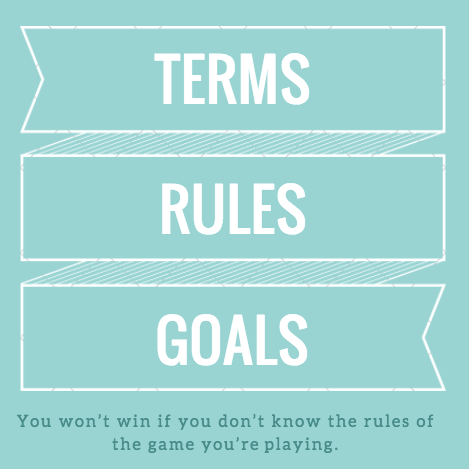Understanding in the first place
Recently I’ve read this amazing article about design adventures in Spotify and I started to think about how important are shared principles, vocabulary, goals and terms to the team. As a project manager, I’m working on different web and mobile projects at the same time. I truly believe that success or failure of each project depends on the fact if all stakeholders are on the same page.
Shared concepts will save you time, money and nerve cells. It is essential to take care of creating common concepts before investing in actions.
Why it’s important
Imagine you’re the part of the football team. Your team is going to have a very important match (world cup final for example). And you completely don’t know the rules…
You have no idea what you suppose to do, where to run and why everybody is screaming on you. And now imagine if everybody in the team forgot the rules. It would be a real mess.
You won’t win if you don’t know the rules of the game you’re playing.
Terms, rules and goals

So it’s getting obvious that you need to understand terms (pass, goal, offside), rules (each team consists of a maximum of eleven players) and goals (you need to have more points than the opposite team) to help your team win the game (or at least not suck so much).
Terms are important because they help you to define the shared vocabulary between team members. Terms help us to understand what we are doing. Terms can take different forms:
- Names of the processes and departments in your company
- Design guidelines for the product
- Names of the components, classes or methods in the code
- Tables and values in the database
Rules are actions which you should or shouldn’t perform. Those actions could be required, permitted or forbidden. Rules help us to Define how we’re gonna do it. Examples of the rules:
- Workflow in the project
- Deployment or QA checklist
- Weekly, monthly or quarterly procedures (reviews, planning, etc.)
Goals help us to understand in which direction we should follow and what we want to achieve in the end. Goals help us to answer the question why we’re doing it. Goals examples:
- Sprint/release goals
- Product requirements
- Revenue/sales targets
- Company’s v2mom
How to create shared concepts
Below you can find some recommendations of how to create and maintain the shared concepts in your teams:
- Start with basic terms — you need to agree on the main subjects of your work and main definition.
- Make sure everyone has an access to information. Use team collaboration tools to create a knowledge base. I really into Confluence, but you just can start with google docs.
- You won’t have a lot of rules in the beginning, but they’ll appear naturally because of mistakes and obstacles. Make sure you documenting them.
- Set the clear goals, make sure everybody knows and understands them.
- Document changes. Irrelevant Terms, rules or goals could cause a lot of problems. Make sure everybody is updated about changes.